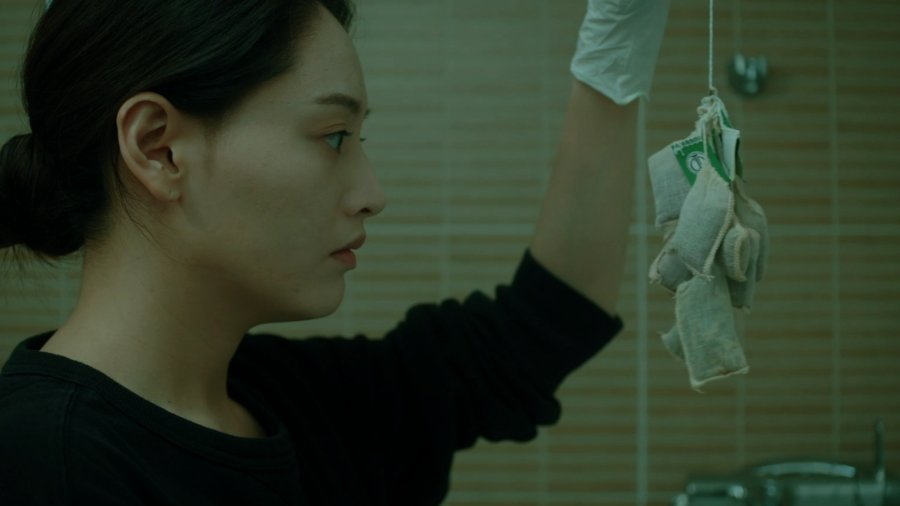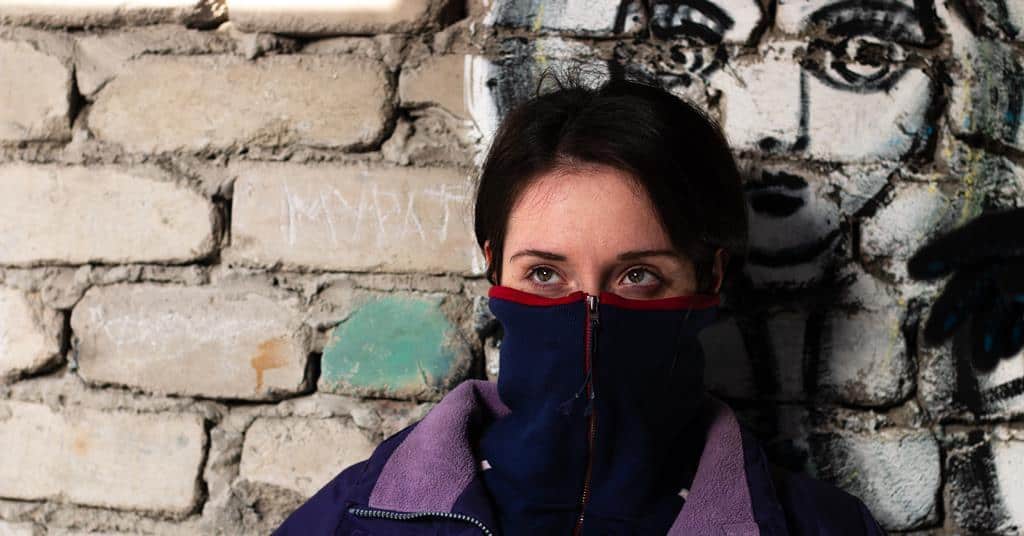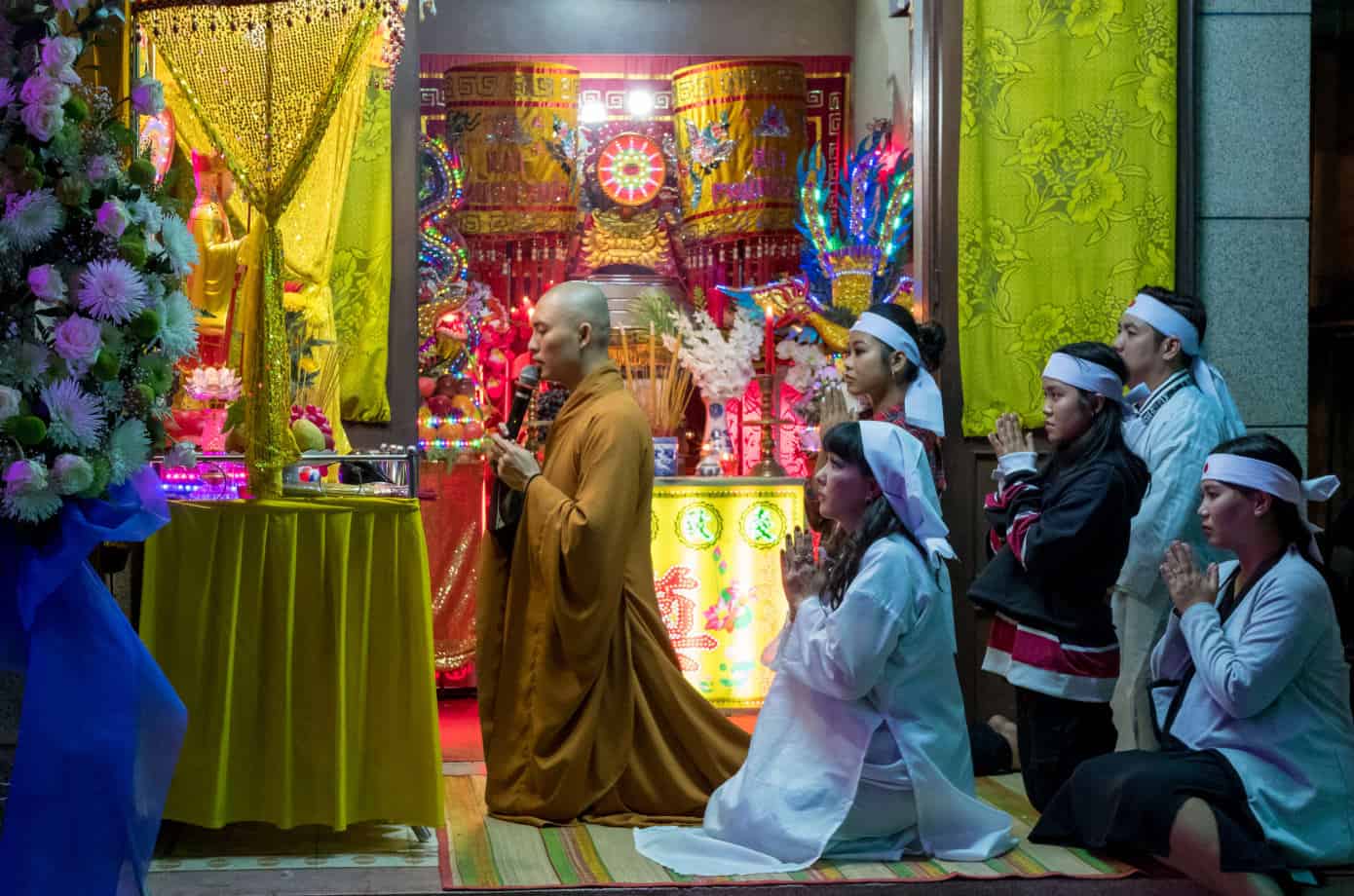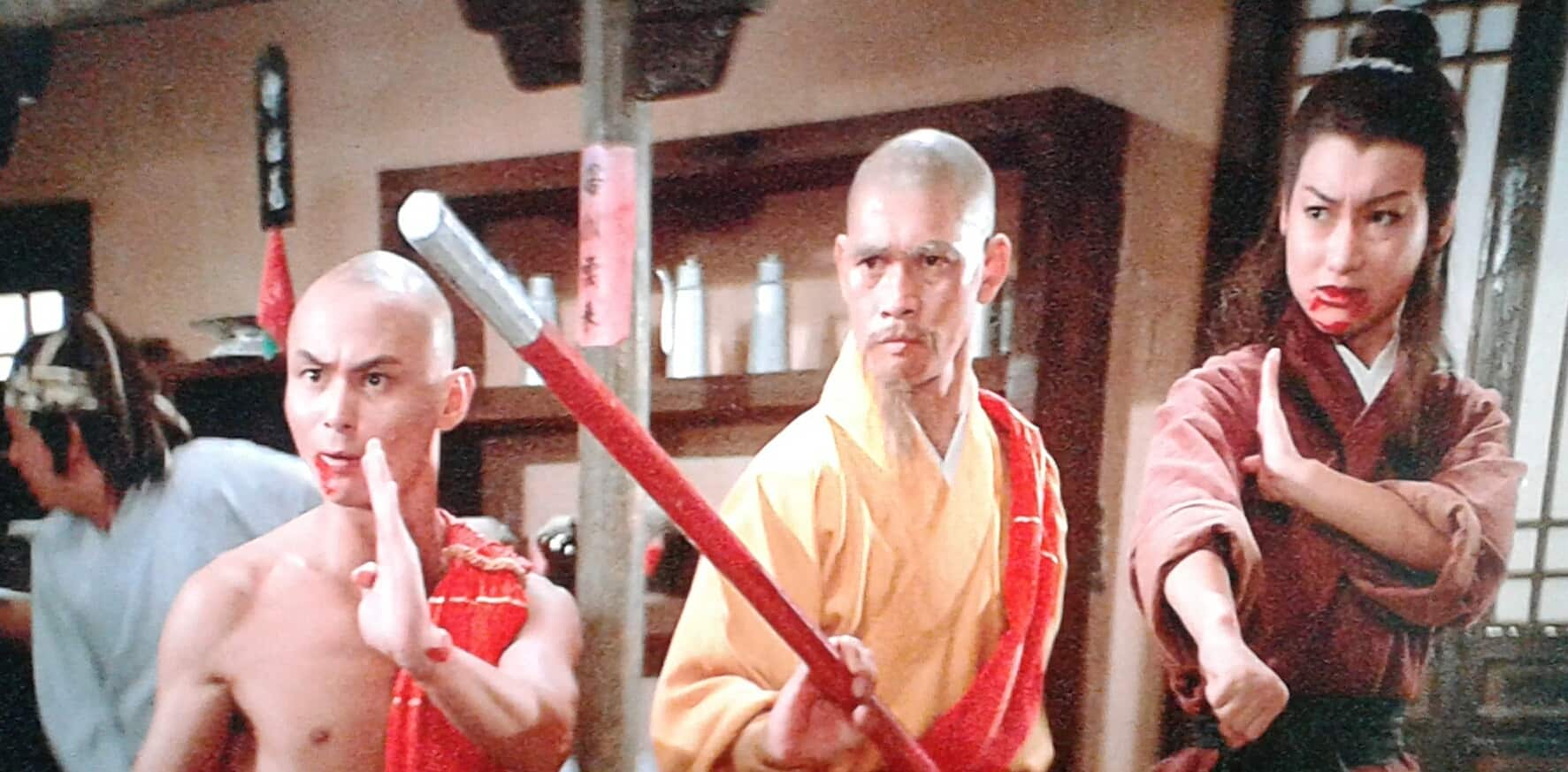A criticism of Shim Hye-jung's “Flowers of Mold” is that it perhaps features ideas that you feel you have seen before, though on the plus side, it pulls off these ideas fairly well, and is a nicely rounded and polished tale of urban alienation.
Flowers of Mold is screening at London Korean Film Festival
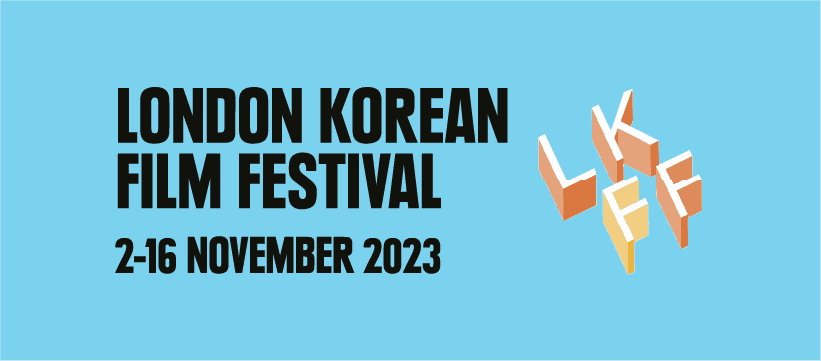
Based on the short story by Ha Seong-nan, Jisu (Kim Jae-kyung) supplements her work processing meal kit deliveries by sorting through and cataloguing her neighbors' rubbish, identifying traits and the life stories of those around her she has never actually met. Becoming attracted to Woo-jae (Hyun Woo), her direct neighbor, she finds herself manufacturing scenarios for them to meet based on what she found in his bin bags. But as their relationship develops, her extra knowledge sees her learn things she perhaps doesn't like and grows a sense of betraying trust. Assumptions start to replace natural developments, as Jisu's social struggles again start to become a burden on her happiness.
On the surface, this is something of a standard love story about an awkward woman and the charming man she has fallen for. There is the gradual development of the relationship, seemingly platonic throughout, before a devastating revelation, then ultimately, realization of feelings for one another.
Check also this interview
This is played out to a background of urban alienation, however. Jisu's career shows a world where people have pre-set meals delivered to their door, all but ready-to-eat, offering suggestions of drink pairings to remove any sense of unique taste or family tradition. The apartment block where they live is part of a dilapidated set of buildings that look ripe for demolition, yet inside are modern, though sparse and bland.
There is something of the hikikomori in Jisu, as she obsessively builds pictures in her mind of people based on what they throw away, believing our trash says more about us than any false images put forward on social media. But as such, she can't cope with reality face-to-face. She knows more than she should, and essentially betrays the trust Woo-jae craves.
Hyun Woo as Woo-jae has all the manicured charm of a K-Pop star; a little perfectly wooden in parts. The introduction of Jisu's mother is perhaps a little too aggressive and overbearing to feel natural, though perhaps explains her daughter's behaviour. Kim Jae-kyung as Jisu has a determination in her comfort zone, though is monosyllabic, if making any noise, in the presence of others. Perhaps this suits the role of a shut-in, but Woo-jae's enthusiasm seems to ignore this behaviour, making the pair's interactions a little stifled in places.
For a love story, therefore, human interactions are far from its strong point, with more technical aspects and post-production where the film succeeds. Kim Ji-ryong's cinematography makes the most of its apartment block setting, with human's living individual lives, as if in fish tanks, side-by-side, while Kim In-young's soundtrack is sparse and matches the design of the film well, if not the most original accompaniment.
The questions of trust and honesty are perhaps the key themes in the end, with Jisu doing no wrong in her eyes, learning things about people she barely knows, able to help them and perhaps even find love, though there is a need to face reality in the end.
“Flowers of Mold” aesthetically pleasing, and if you don't take it too seriously – it perhaps doesn't get its hands dirty enough dealing with the social issues it raises – this is an enjoyable piece of mainstream cinema. It's not perfect, but has more good than bad.


